EN | English
Bring out the best in your website and e-commerce with R Digital Alliance partnerships. We take on projects of any size, delivering solutions that engage customers meaningfully while enabling data privacy and compliance.


Businesses today face increasing challenges with evolving data privacy regulations like GDPR, ePrivacy, & Personal Data Protection Laws.
Managing compliance, handling technical frameworks, and controlling costs for in-house expertise can be overwhelming.
R Digital simplifies these complexities by providing comprehensive solutions that seamlessly integrate compliance, privacy, and operational efficiency. With a strong focus on privacy-first strategies, R Digital prioritizes keeping your business secure, compliant, and ready to thrive in a competitive digital environment.
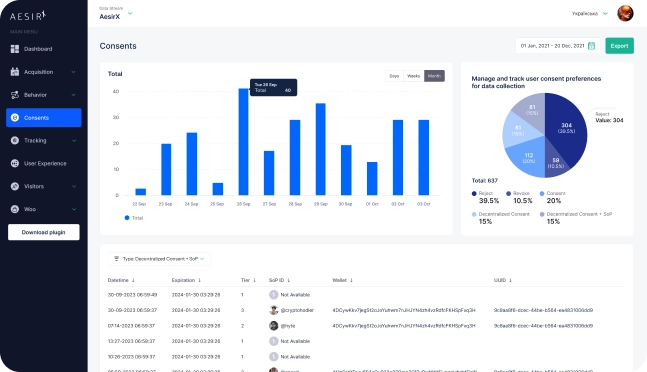
BOOST COMPLIANCE & INSIGHTS
Safeguard your WordPress, Joomla, & WooCommerce platforms from data protection & privacy challenges.
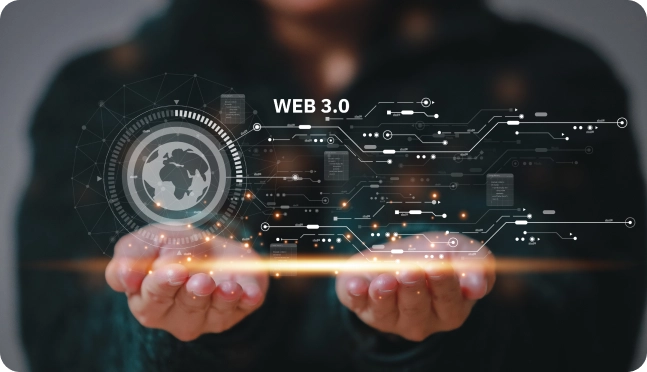
STRENGTHEN PRIVACY & TRUST
Redefine your digital marketing by integrating decentralized technologies for forward-thinking Web3 staff & customer experiences.
HIGH-PERFORMANCE WEBSITE AND E-COMMERCE SOLUTIONS, BUILD FOR GROWTH.
At R Digital, we specialize in WordPress and WooCommerce solutions that help businesses scale, sell, and succeed. Whether you're launching a new store, upgrading an existing site, or need a custom-built solution, we provide expert development, seamless integrations, and long-term support.

Enhance your WordPress and WooCommerce projects with expert development, performance tuning, and seamless integrations for a faster, more reliable experience.

R Digital’s Partnership offers tailored, end-to-end support in design, development, marketing, and compliance – delivering complete digital solutions at a fixed cost.

Delivering complete web and e-commerce solutions with built-in and automated privacy and compliance for experiences that build trust and long-term engagement.

An easier way to manage customer data. Collect, store, and analyze first-party data ethically and efficiently, maintaining full control over your insights.
STRENGTH IN SHARED PRINCIPLES
United by the R Family Ethos
Our partnerships are built on a foundation of collaboration, integrity, and excellence, embodying values that drive mutual success.
Honesty
Respect
Responsibility
Caring
Inclusivity






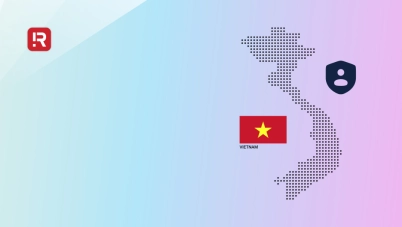
Personal Data
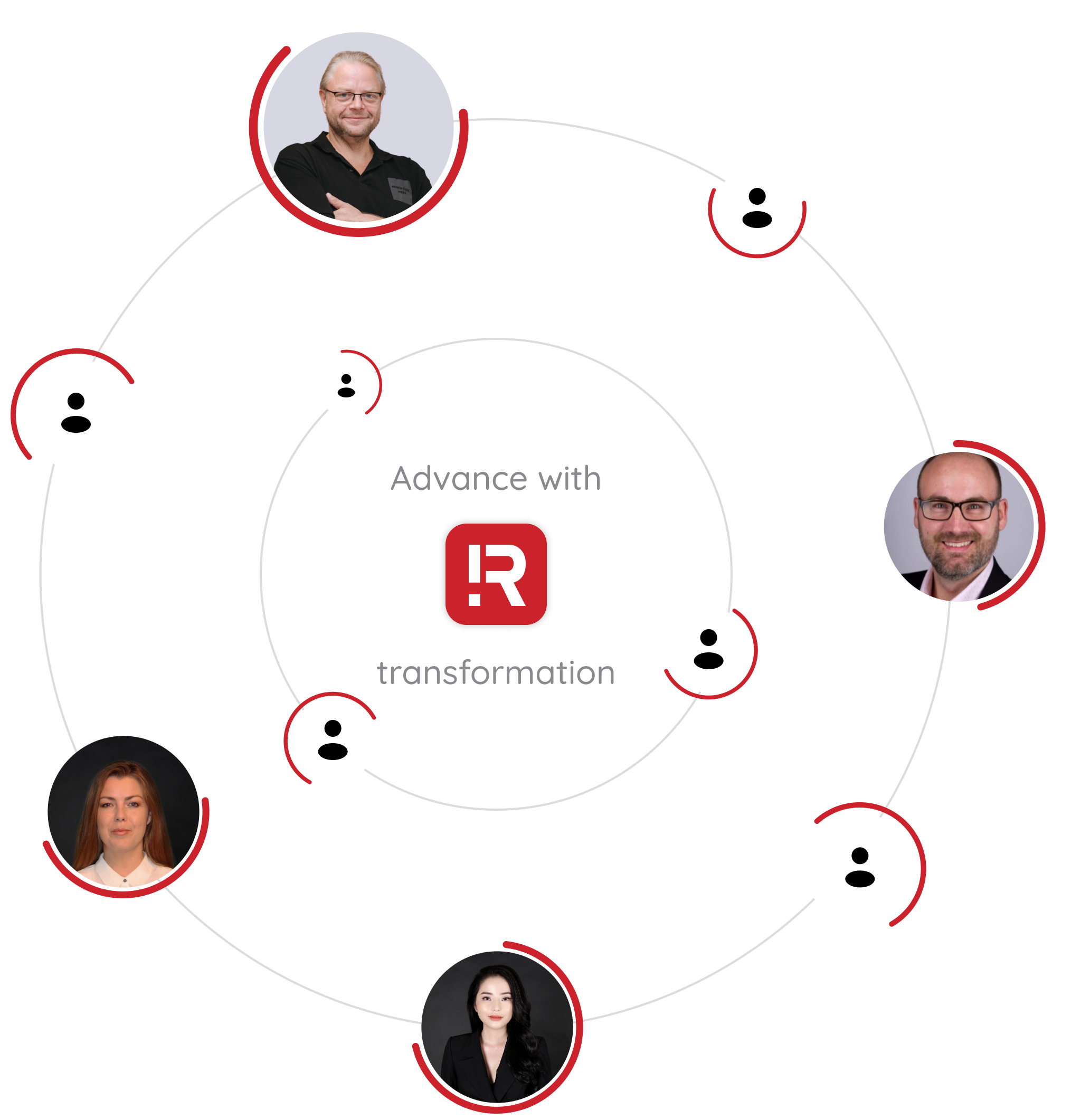
SEE HOW WE CAN TAILOR SOLUTIONS FOR YOU
Whether you're launching, scaling, or upgrading your WordPress or WooCommerce site, R Digital is here to help.